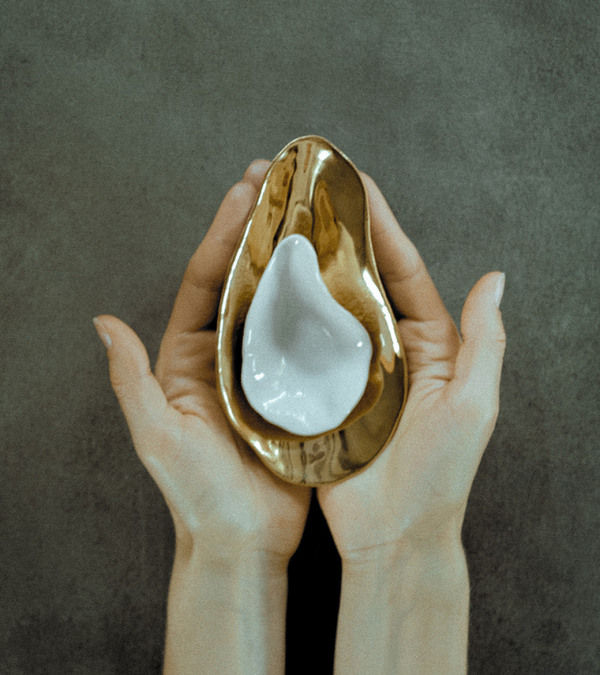Dimitri was 14 years old when his parents opened the restaurant and at the time he had already worked as waiter the two previous summers. Between the age of 12 and 18 Dimitri worked every summer and during holidays, and although sometimes it felt tough, he loved it.
“Working with my family taught me a lot, but it was tricky at times. Looking back now, I really enjoyed it. It gave me a lot of space to grow as an individual, and it taught me how to observe. I was the only waiter in the restaurant, so I’d have to take care of 40-45 guests in the summer, in the winter it was about 35, and all that I had was my previous experience of two summers. Most importantly, though, I had the “human superpower” of observation.”
Dimitri finished school when he was 18, moved to Dublin to do a course in computer programming, which turned out not to be the right thing for him. His whole mindset changed after he realised that the hospitality industry has something special to him and he kept pursuing what he enjoyed the most. When he became a restaurant manager within a boutique hotel in Dublin he realized there were a lot of things that he knew instinctively. But he wanted to be as good as possible, working with the best people, which at the time for him meant Michelin star restaurants. He had the chance to work at another 5 star boutique hotel where most of the people had already worked at a Michelin star level, so the overall experience, the quality of the food, the glassware, the cutlery, the crockery, the winelist, was now on a whole different level. In the summer of 2008, Dimitri moved to London, and started working for chef Marcus Wareing at The Berkeley hotel.












